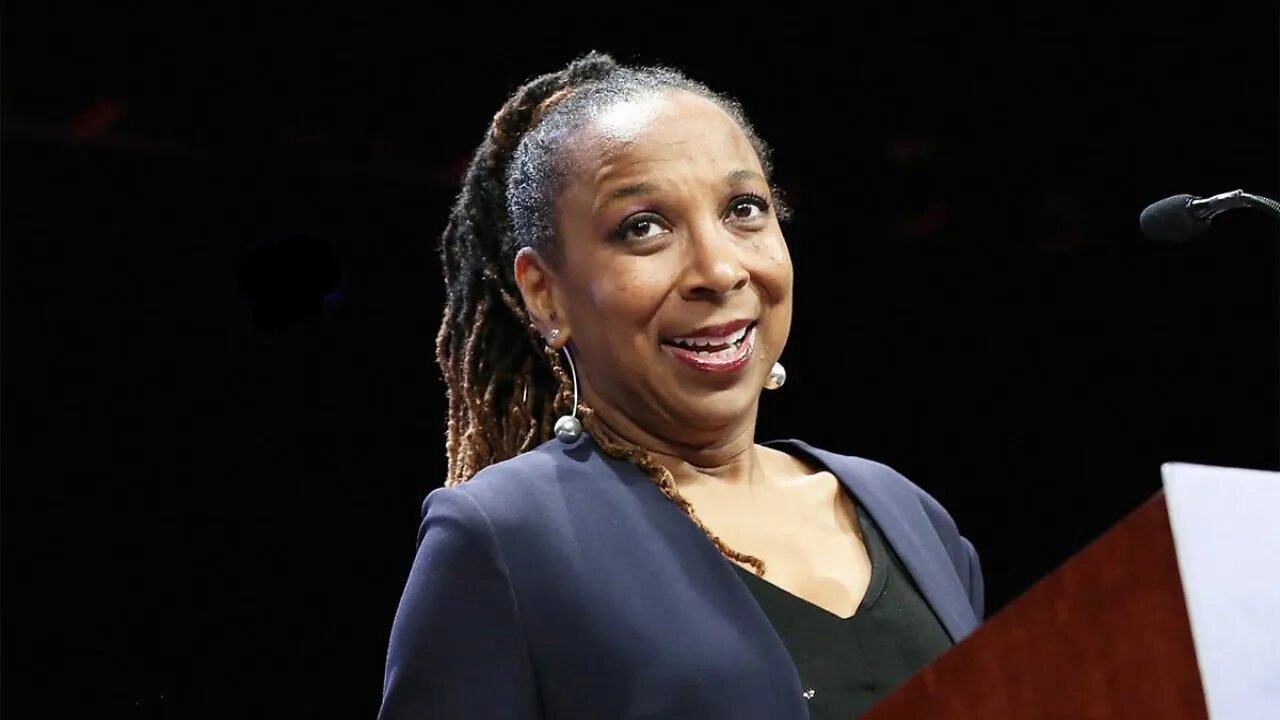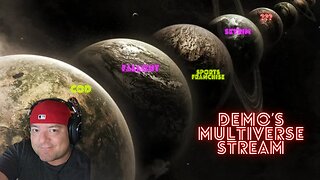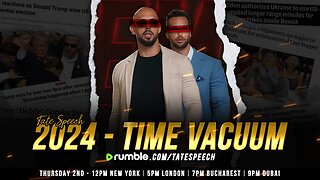Premium Only Content

Race, Reform, and Retrenchment by Kimberle Crenshaw: Section 3
Race, Reform, and Retrenchment by Kimberle Crenshaw: Section 3
In this video, I dive into the third section of Kimberlé Crenshaw's seminal article, "Race, Reform, and Retrenchment: Transformation and Legitimation in Antidiscrimination Law." This section unpacks the transformative vision of Critical Legal scholars and scrutinizes its limitations, especially when it comes to addressing racial oppression.
So, what do Critical Legal scholars propose? They argue that ideology is the main barrier to social change. By exposing this ideology, they believe we can reveal the shaky foundations of our legal and social systems, allowing us to reimagine and reshape our world. Sounds promising, right?
Well, Crenshaw has some reservations. She points out that while these scholars are busy dissecting mainstream legal ideology, they often neglect racism as a foundational pillar that upholds American society. This glaring omission makes their analysis incomplete and their recommendations, especially for Black Americans, somewhat unrealistic.
But that's not all. Crenshaw also highlights that these scholars often operate in a theoretical bubble, disconnected from the lived experiences of racially oppressed communities. This detachment limits the applicability of their work, particularly when it comes to understanding the civil rights movement and the unique challenges that Black Americans face.
Now, let's talk about the tactic of "trashing" liberal legal ideology, a popular approach among Critical scholars. While this might expose the limitations of our current legal discourse, Crenshaw questions its practical utility. She argues that the very process of legitimation, which these scholars aim to challenge, both creates and restricts opportunities for meaningful change.
So, what are the key takeaways? First, Critical scholars often overlook the crucial role of racism in American society. Second, there's a disconnect between their theoretical framework and the lived experiences of racially oppressed communities. Third, while they may be good at critiquing the system, they offer little in the way of practical guidance for navigating it. And lastly, the need to maintain social legitimacy can both open and close doors for transformative change.
In conclusion, Crenshaw calls for a more nuanced approach. She argues that any effective strategy for social change must be deeply rooted in the lived experiences and specific needs of racially oppressed communities.
-
 1:02:55
1:02:55
In The Litter Box w/ Jewels & Catturd
22 hours agoAmerica Is Under Attack! | In the Litter Box w/ Jewels & Catturd – Ep. 711 – 1/02/2025
68.2K67 -
 1:45:25
1:45:25
The Quartering
6 hours agoHuge Update In Cybertruck Attack & Dark New Details From New Orleans Attacker & More!
99.5K52 -
 16:04
16:04
Tundra Tactical
2 days ago $1.72 earnedHow Palmetto State Armory got so BIG!
36.1K3 -
 13:41
13:41
MichaelBisping
9 hours agoBISPING: Jamahal Hill is BEEFING with EVERYONE before UFC 311?! | Hill vs Prochazka
4.16K1 -
 12:57
12:57
BlackDiamondGunsandGear
1 day agoSingle stack that takes a Double Stack Mag?
2.46K -
 3:21:21
3:21:21
DemolitionDx
6 hours agochecking out multiple games
39.7K -
 2:14:38
2:14:38
Conspiracy Pilled
1 day agoPortal to Hell: The Elisa Lam/Cecil Hotel Case (S5 Ep 12)
55.5K5 -
 14:31
14:31
DeVory Darkins
2 days ago $9.56 earnedScott Jennings Drops Brutal TRUTH BOMB
47.8K154 -
 LIVE
LIVE
cbsking757
7 hours ago★TANKING RIVALS RANKED! GIFTED SUBS ARE LIVE! #marvel #marvelrivals
128 watching -
 4:04:55
4:04:55
Tate Speech by Andrew Tate
14 hours agoEMERGENCY MEETING EPISODE 99 - 2024 - TIME VACUUM
247K117